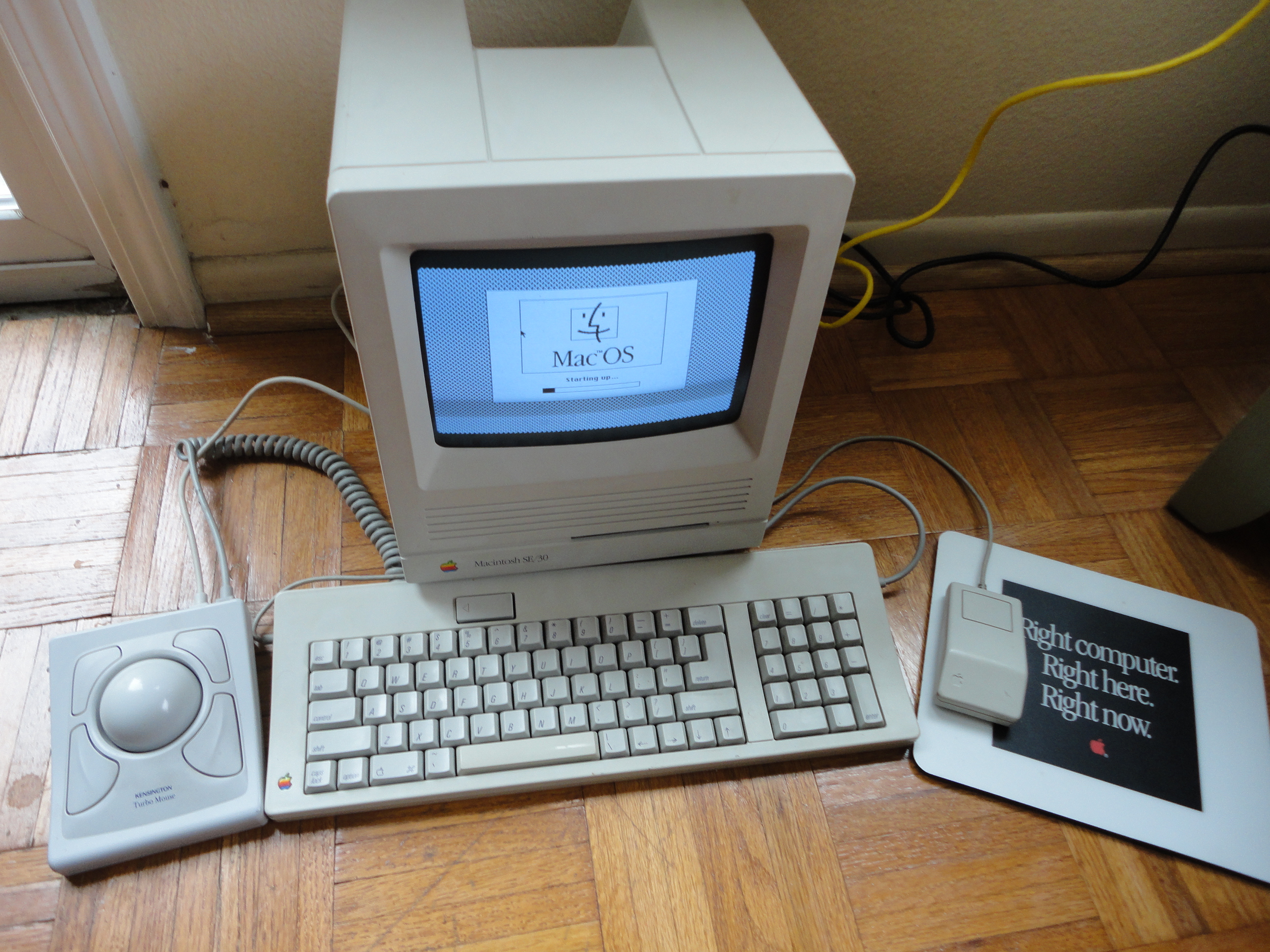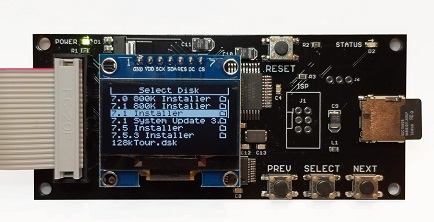

However, the Windows and Unix ports of vMac (not Mini vMac) support the Gemulator ROM board from Emulators Inc., which allows users to add genuine MacPlus ROM chips to their x86 machine via an ISA expansion slot. Macintosh ROM files are owned by Apple and cannot be legally distributed. VMac and Mini vMac require a Macintosh Plus ROM file and Macintosh system software to work. The precompiled versions available for download at Mini vMac's SourceForge project emulates a Macintosh Plus with 4 MiB of RAM.

Due to complaints about the rarity of the original II, it also accepts Macintosh IIx and Macintosh SE/30 ROM files. Currently Mini vMac supports Macintosh 128K, 512K, 512Ke, Plus, SE and Classic, with active development for Macintosh II, Macintosh Portable and PowerBook 100 support. Mini vMac, vMac's spinoff, is still being maintained and developed by Paul C. Many of the developer e-mail addresses listed on the website are not currently working. Although the website is still in operation, most vMac development slowed to a halt in 1999, and no official releases have been made since.
#Mac se 30 emulator serial
Some vMac ports include extra features such as CD-ROM support, basic serial port (SCC) support, Gemulator ROM board support, and various performance improvements. vMac and Mini vMac support CPU emulation from Motorola 68000 to 68040, display output, sound, floppy disk insert, HFV image files, and more. vMac and Mini vMac emulate a Macintosh Plus and can run Apple Macintosh System versions 1.1 to 7.5.5. Although vMac has been abandoned, Mini vMac, an improved spinoff of vMac, is still actively developed.
#Mac se 30 emulator for mac os
VMac was an open source emulator for Mac OS on Windows, DOS, OS/2, NeXTSTEP, Linux, Unix, and other platforms. VMac 0.1.9 running System 1.1 on System 7.5


 0 kommentar(er)
0 kommentar(er)
